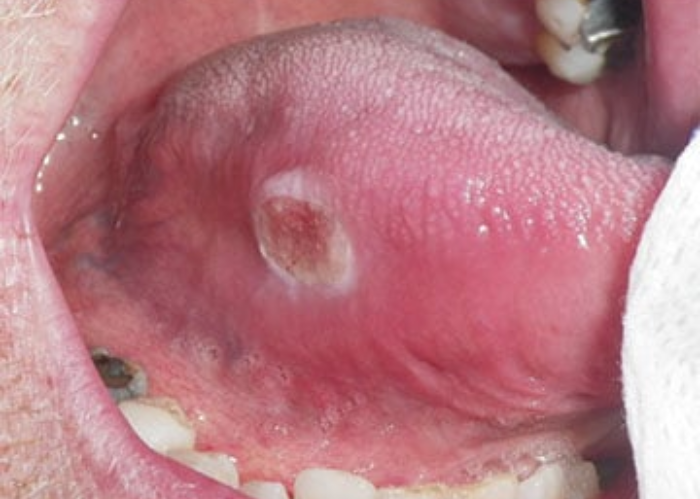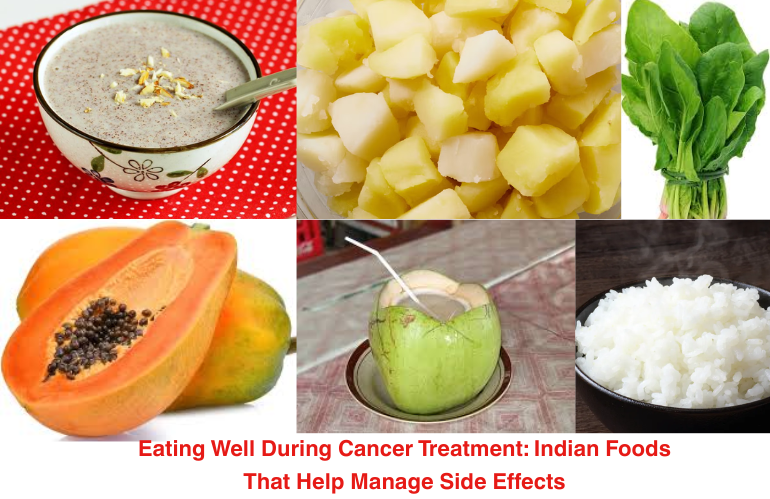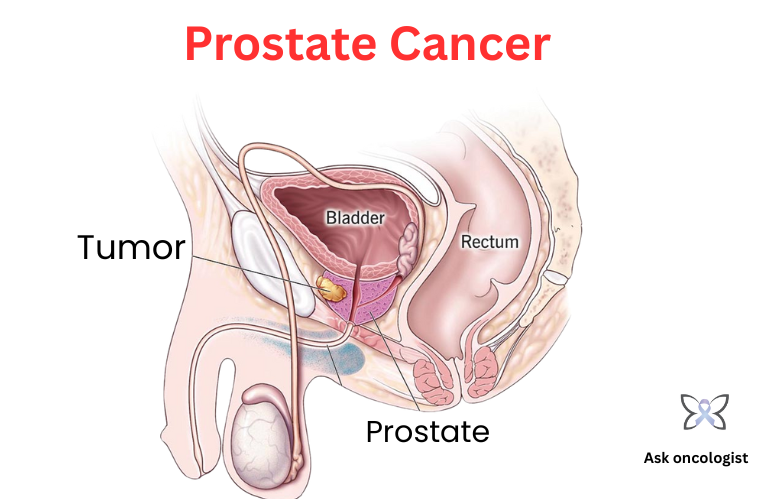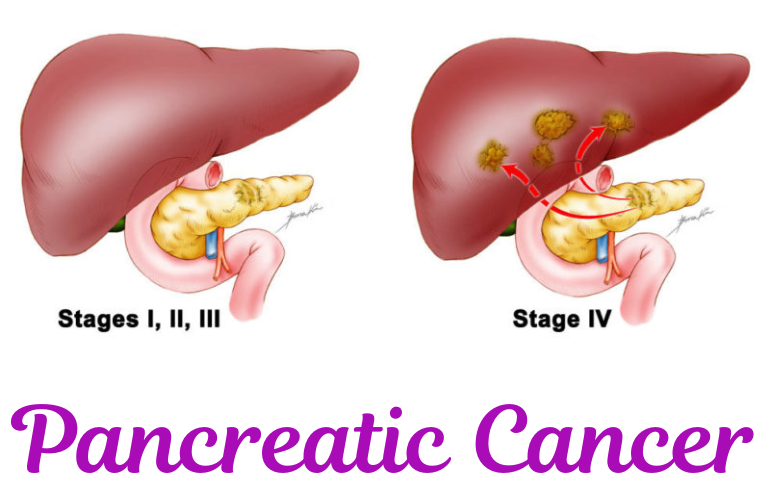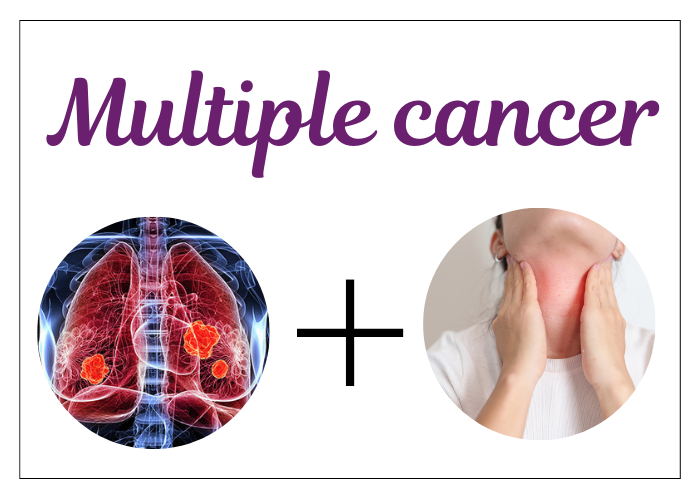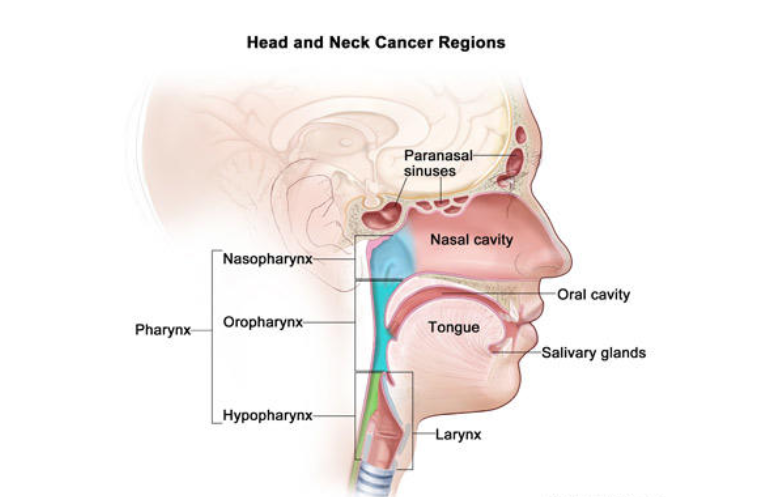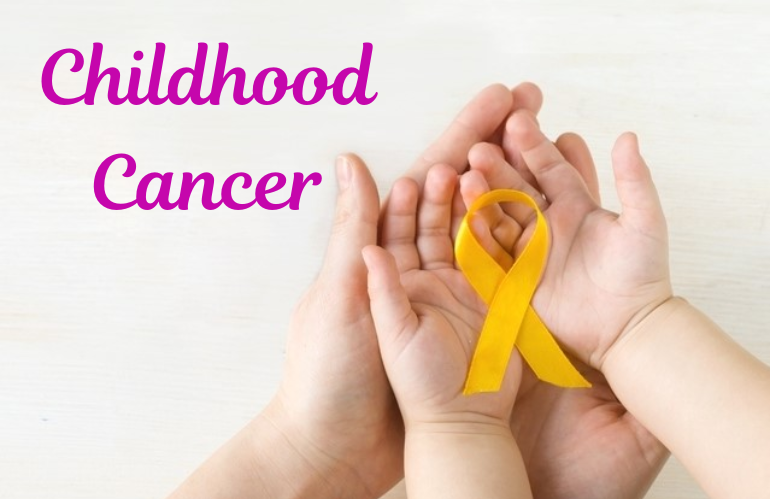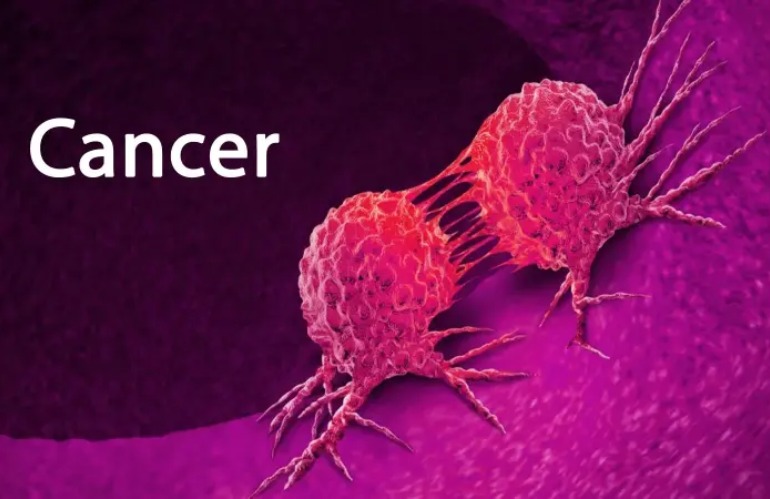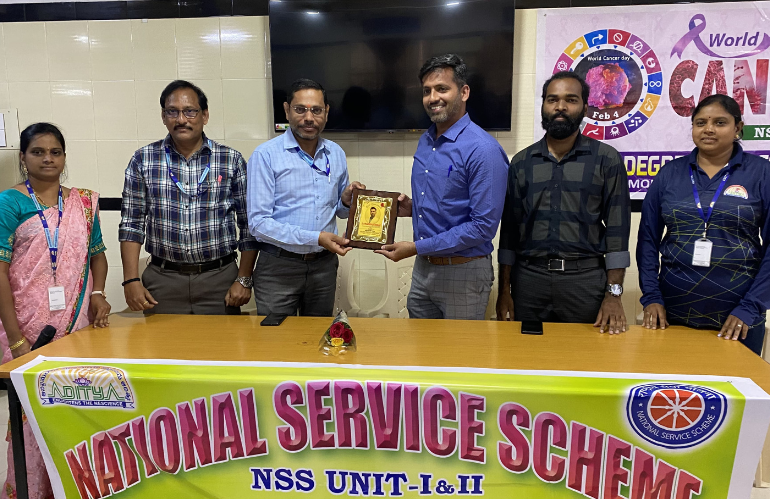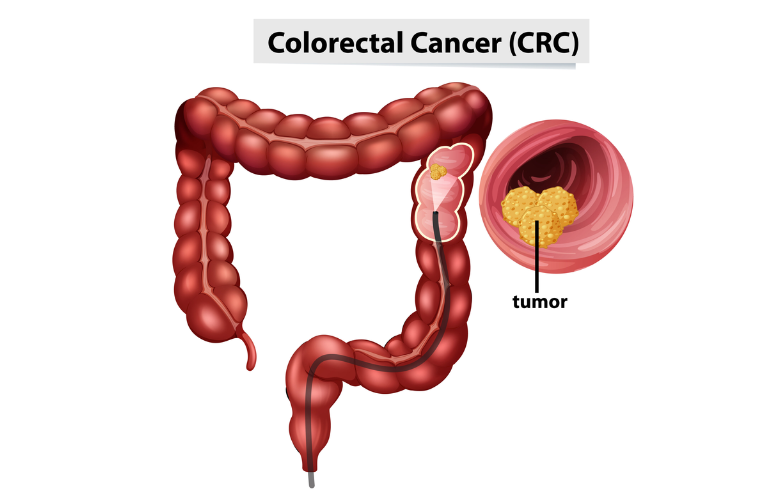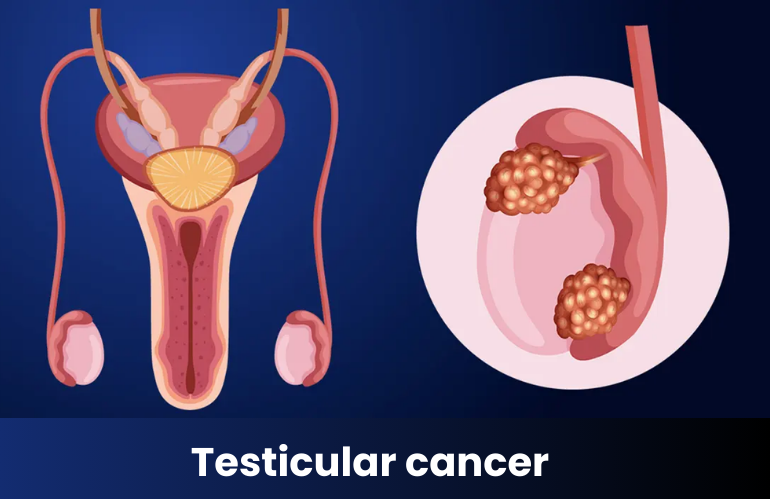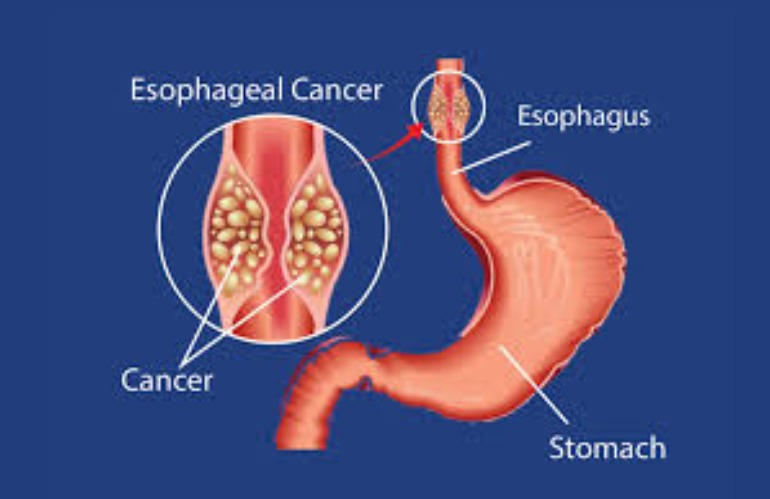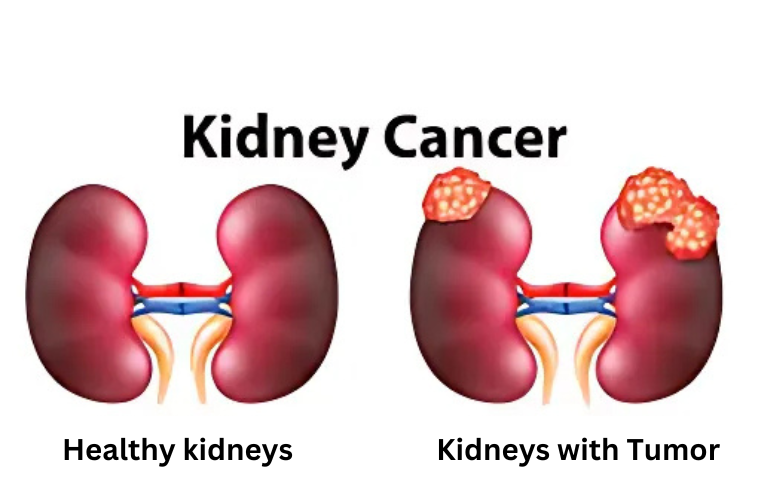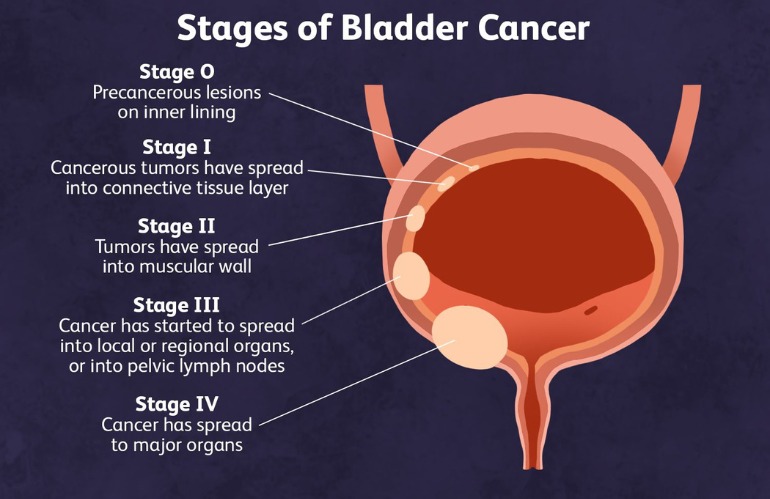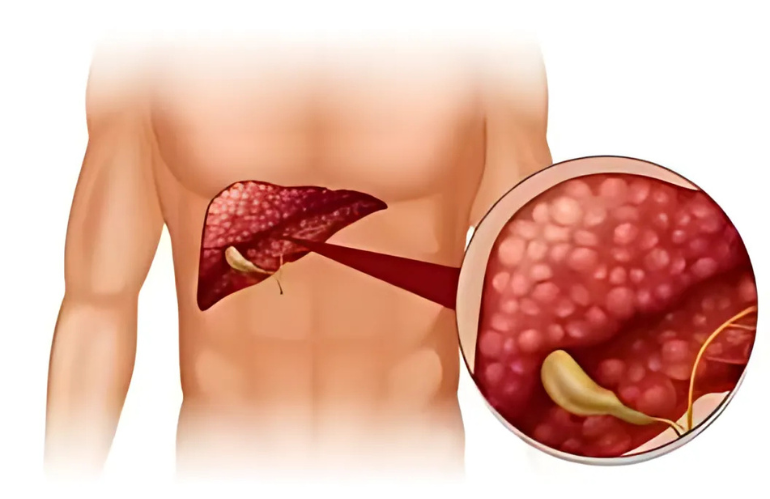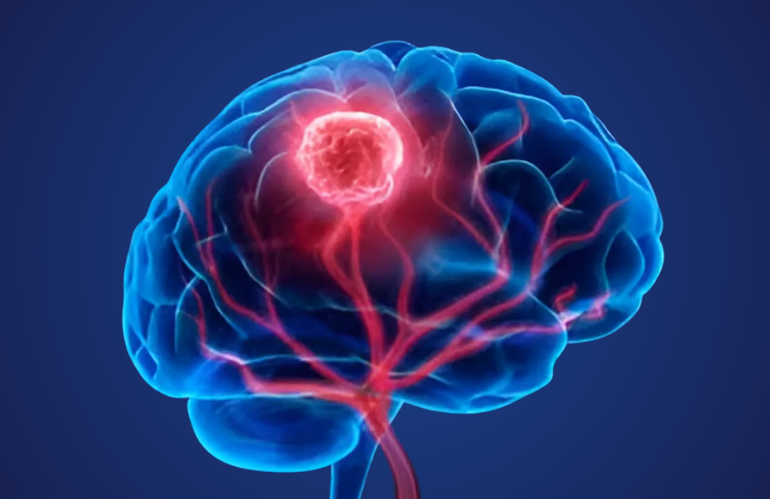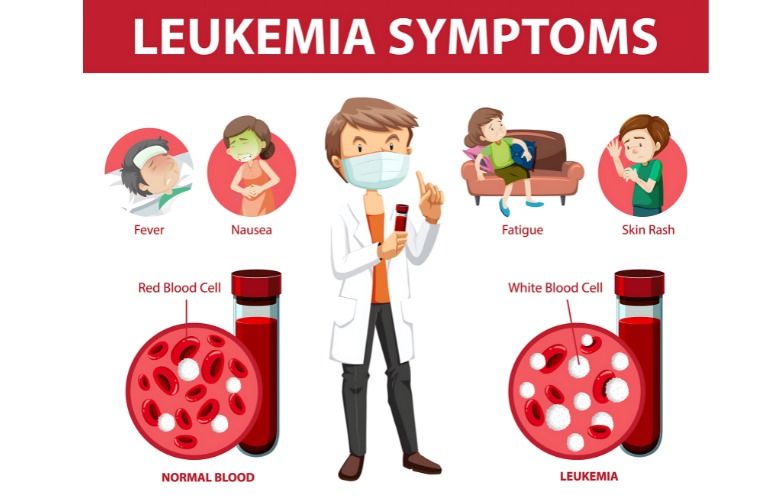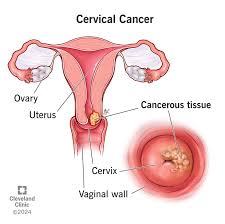Eating Well During Cancer Treatment: Indian Foods That Help Manage Side Effects
Cancer treatment is a journey that affects more than just the disease—it impacts your entire body. From fatigue and nausea to appetite changes and digestive issues, the side effects can make eating a real challenge. But here’s the good news: food can be your ally.
Eating the right kinds of foods—especially those that are gentle, nutritious, and easy to digest—can help you feel better, maintain strength, and support your treatment. This guide, brought to you by Dr. Pradeep Bhaskar, a leading cancer specialist in Kakinada, highlights Indian foods that can ease common side effects during chemotherapy and radiation.
1. Loss of Appetite & Weight Loss
Why it happens:
Chemotherapy, radiation, and medications can change your hunger signals and taste. Many patients experience a metallic taste or lose interest in eating.
What to eat:
- High-calorie, nutrient-dense foods: Add ghee to rice or dal, snack on bananas with peanut butter, or consume dry fruits like almonds and dates.
- Small, frequent meals: Try soft foods like idli with chutney or mashed moong dal every 2–3 hours.
- Milk-based drinks: Lassi, fruit milkshakes, or almond milk are nourishing and easy to digest.
- Comfort foods: Khichdi, curd rice, or upma with a little ghee offer balanced nutrition.
Tip: Eat by the clock, not hunger cues. Consistency helps maintain energy.
2. Nausea
Why it happens:
Chemotherapy may irritate the stomach or affect brain centers that control nausea.
Foods to reduce nausea during chemotherapy:
- Ginger-based options: Ginger tea, rasam with ginger, or lemon-ginger water.
- Bland staples: Plain rice, boiled potatoes, or dry toast.
- Cool meals: Spicy or hot foods may worsen nausea; eat cold or room-temperature meals.
- Dry snacks: Puffed rice (murmura), crackers, or dry toast can be soothing.
Tip: Sip lemon water or herbal tea slowly throughout the day.
3. Fatigue
Why it happens:
Low energy levels may result from anemia, dehydration, or reduced nutrition.
What to eat:
- Iron-rich dishes: Palak dal, methi thepla, or beetroot curry.
- Whole grains: Brown rice, ragi, jowar, and whole wheat items provide sustained energy.
- Protein sources: Eggs, dal, paneer, and curd help rebuild tissues.
- Hydration-rich foods: Watermelon, oranges, and coconut water prevent dehydration.
Tip: Combine iron-rich foods with vitamin C sources like lemon or amla.
4. Constipation
Why it happens:
Low activity levels, medications, and limited fluid intake can cause slow digestion.
What to eat:
- Fiber-rich options: Papaya, figs, guava with seeds, pumpkin, and spinach.
- Whole grains: Barley, oats, and whole wheat roti.
- Healthy fats: A spoonful of ghee or ground flaxseed in warm water.
- Herbal teas: Warm water with ajwain or jeera promotes digestion.
Tip: Keep sipping warm fluids and take short walks after meals.
5. Diarrhea
Why it happens:
Radiation and chemotherapy can damage gut lining, leading to watery stools.
What to eat:
- Binding foods: Boiled potatoes, steamed rice, and applesauce.
- Low-fiber, soft foods: Sabudana khichdi, idli, or white bread.
- Curd and buttermilk: Rich in probiotics for gut recovery.
- Rehydration: Coconut water, ORS, and clear vegetable soups.
Tip: Avoid raw salads, fried snacks, milk, and spicy food during flare-ups.
6. Dry Mouth
Why it happens:
Radiation near the head or neck can reduce saliva production, causing dryness.
Dry mouth relief foods during radiation:
- Soft, moist meals: Dalia, pongal, or soupy dals.
- Cool liquids: Coconut water, fruit smoothies, or mild juices.
- Citrus fruits (if tolerated): Mosambi juice or diluted orange juice to stimulate saliva.
- Frozen relief: Ice chips, tulsi lozenges, or frozen fruit cubes offer quick hydration.
Tip: Stay away from spicy, salty, and dry snacks. Drink water frequently.
Final Note from Dr. Pradeep Bhaskar
As the best oncologist in Kakinada, I always emphasize that food is an integral part of healing—not just for physical strength, but also emotional well-being. Every patient’s needs are unique. Always consult your cancer doctor in Kakinada or an experienced dietitian before starting any new food or supplement. Your diet may need adjustments based on immunity levels or treatment phase.
Conclusion
Food is not just fuel—it’s healing, comfort, and strength during cancer treatment. Whether you're experiencing fatigue, nausea, or dry mouth, making the right dietary choices can ease discomfort and support your recovery.
Stick to wholesome, easy-to-digest Indian foods and listen to your body. Even small, frequent meals packed with nutrients can make a huge difference.
For personalized cancer care and guidance on diet and treatment, consult Dr. Pradeep Bhaskar, the best cancer specialist in Kakinada at one of the leading cancer hospitals in Kakinada. Together, let’s make your recovery journey smoother and healthier.

